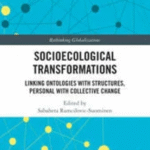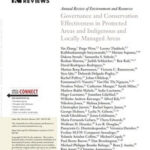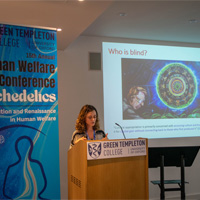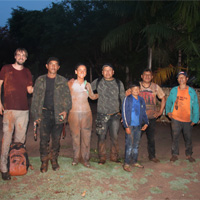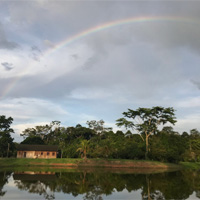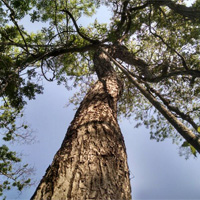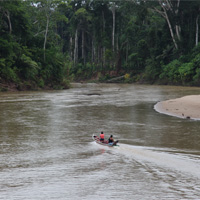Maria Fernanda Gebara. F. In: Romulo Sampaio e Carina de Oliveira. (Org.). A Economia Verde no Contexto do Desenvolvimento Sustentável. 2011.
According to North (2000:1) “the institutional framework provides the incentive structure that dictates the kinds of skills and knowledge perceived to have the maximum payoff ”. Observing the diff erent institutional structures of modern market economies, authors like North (1990), Eggertsson (1990),
Furubotn and Richter (1998), and Williamson (1985, 2000) emphasize that institutions are introduced to reduce uncertainty and economize on transaction costs. On the other hand, the social constructive perspective on institutions understands the world as socially constructed, where concepts are collectively
produced (Vatn, 2005). Two fundamental issues related to Reducing Emissions from Deforestation and Degradation (REDD+) in developing countries concerns to uncertainty/risks and transaction costs of projects. Th is analysis argues for the need of establishing and reforming institutions for REDD+ having a more “socially oriented” focus (Vatn, 2005) as a way of eff ectively reduce risks like: elite capture of benefi ts, corruption and unfair distribution of rights and responsibilities. Th e choice of a social oriented focus would also refl ect Agrawal et al. (2010) argument that “attempts to reverse deforestation on the extensive forest frontier need macro -policy reforms but that such reforms can be strengthened if policy makers also attend to micro -level forest governance by creating strong local forest management institutions”. Th rough the lenses of the Brazilian case this work will look for formal and informal institutions for REDD+ with particular focus on property rights and benefi t -sharing as a way to increase eff ectiveness and fairness of the mechanism. Th e fi rst part will introduce the concept of institutions and how I will analyse them in this paper.
The second part will be dedicated to an analysis of REDD+ institutions in the international level, while the third part will look for the case of Brazil. Finally, some conclusions will be drawn to demonstrate that without careful attention while reforming and constructing institutions, proposed REDD+ interventions
can create incentives that undermine developing countries interests and thereby REDD+ objectives.




